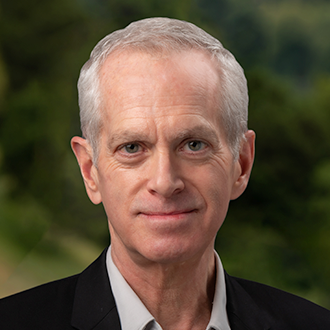
William Collins is an internationally recognized expert in climate modeling and climate change science. Besides directing the Earth and Environmental Sciences Area, he leads the Carbon Negative Initiative at Berkeley Lab. Collins studies the interaction of sunlight, heat, the coupled climate system, and global environmental change, and served as a lead author for the 4th, 5th, and 6th IPCC Assessment reports. Collins earned his PhD and master's degree in astronomy and astrophysics from the University of Chicago, and is a Professor in Residence at the University of California, Berkeley.
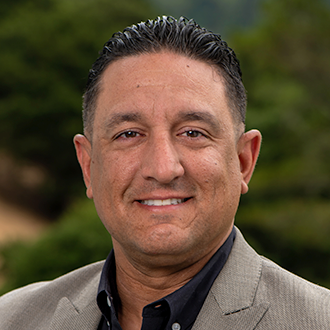
As the Area Deputy Director, Orlando Casiano leads all aspects of Earth and Environmental Sciences Area Operations, combining a passion for these sciences, and dedication to personnel development and team building. He previously served at Sandia National Laboratory as the nuclear deterrence mission partner manager, and at the Jet Propulsion Laboratory NASA (JPL NASA), leading teams on earth science and other missions. Orlando holds an MBA in management, and a bachelor’s degree in business and administration, accounting, and is a certified project management professional (PMP).
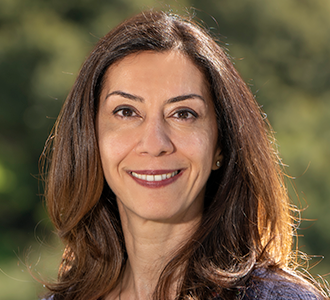
Newsha Ajami is a leading expert in sustainable and resilient water resource management, smart cities, and the water-energy-food nexus. At EESA, she oversees interdisciplinary research and outreach initiatives at the nexus of water, energy, and climate. Previously, she founded and led the Urban Water Policy Program at Stanford University and served as a Science Policy Fellow in California's Legislature. She holds a master's in hydrology and water resources from the University of Arizona, and a PhD in civil and environmental engineering from the University of California, Irvine.
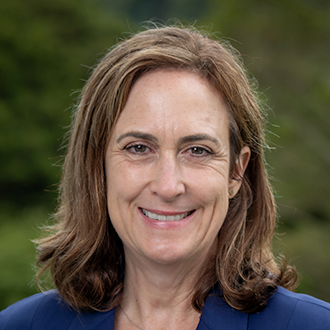
Christina Kosta Procopiou manages strategic communications efforts that convey EESA's complex research on climate science, energy, and water to broad audiences. Christina collaborates with Communications staff members and various stakeholders to translate EESA’s technical expertise into compelling narratives and visual content for social media, government and community relations, and media outreach. She previously worked for Newsweek and for the University of Texas at Austin where she established and led the multiple award-winning conservation magazine Wildflower.
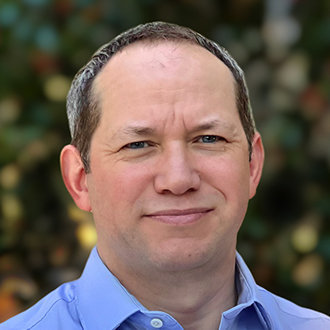
Alistair Rogers is a plant physiologist and the Climate and Ecosystem Sciences Division director whose research is focused on understanding plant response to global change. He is a leading authority on how plants respond to elevated levels of atmospheric carbon dioxide and on how Earth System Models represent photosynthesis. Rogers earned a Ph.D. in Biology from the University of Essex in the UK before beginning his career at Brookhaven National Laboratory in 1998, where he stayed until joining Berkeley Lab in 2024.
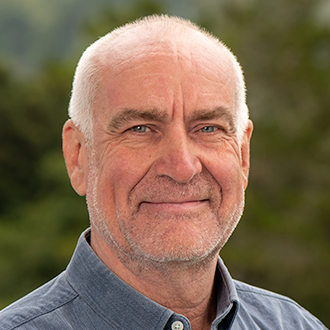
Jens Birkholzer is an internationally recognized expert in subsurface energy applications and environmental impact assessment. In addition to directing the Energy Geosciences Division, he chairs an international research collaboration to advance the understanding and modeling of coupled thermos-hydro-mechanical-chemical processes in geological systems (the DECOVALEX Project). His studies evaluate the feasibility and environmental sustainability of subsurface energy applications, particularly the use of deep subsurface storage of CO2. Birkholzer received his bachelor's and master's degrees in civil engineering, and PhD in water resources, hydrology, and soil science, from Germany’s Aachen University of Technology.
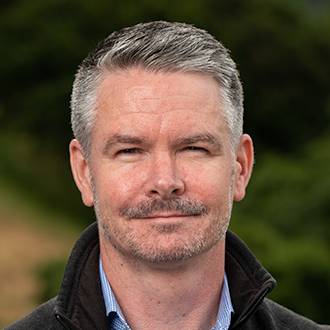
Eoin Brodie is the deputy director of the Climate and Ecosystem Sciences Division, and also leads the program domain of Environmental and Biological Systems Sciences, and other research areas such as the Earth’s Microbial Engines grand challenge. His broad focus includes reverse-engineering complex microbiomes in natural and managed ecosystems, and using computational models to explore microbiome functioning, with the goal of harnessing microbiomes to support healthy soils and resilient ecosystems and organisms. He earned a PhD in microbial ecology from University College in Dublin, Ireland, before completing postdoctoral positions and leadership training at the University of California, Berkeley, and Berkeley Lab.
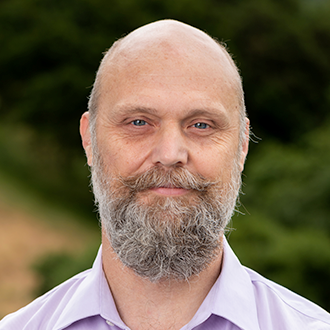
Peter Nico is the deputy director of the Energy Geosciences Division, and also leads the Resilient Energy, Water and Infrastructure Program Domain. His research emphasizes the role of mineral surfaces and redox active metals such as Fe and Mn. Much of the work uses synchrotron-based X-ray spectromicroscopy techniques to probe chemical and physical heterogeneity on the micron and nanometer scale. He received a PhD in agricultural and environmental chemistry, from the Davis campus, and a master's in organic chemistry from the University of California Los Angeles. He maintains a visiting scholar appointment at Stanford University, where he was a postdoctoral fellow in soil and environmental biogeochemistry.


